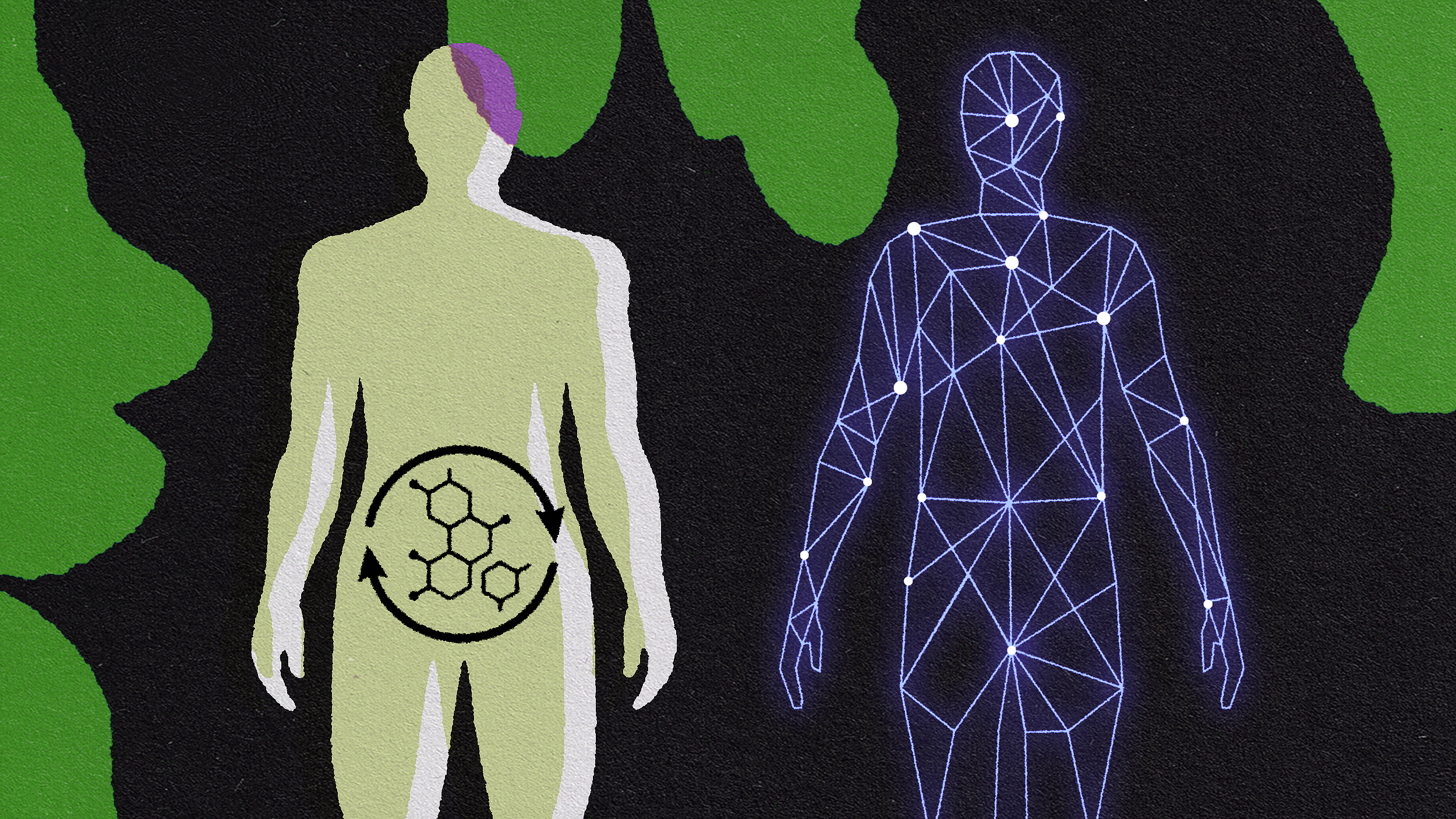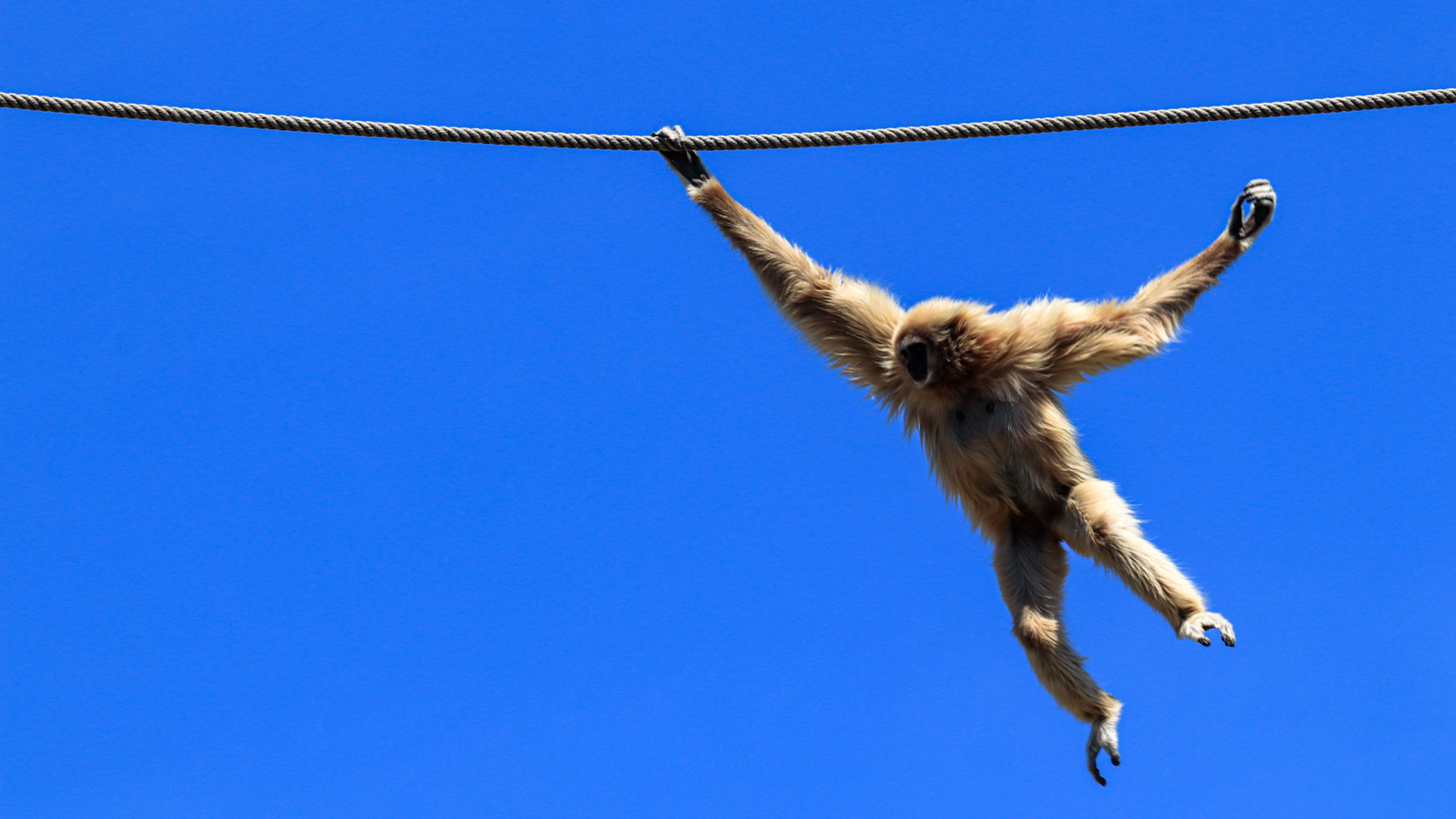To achieve peak performance, we must learn to get our biology to work for us rather than against us.
There is a very tight coupling between our psychology and our physiology. We can pre-wire our brains in a way that enhances our physiology and boosts performance.
This helps us enter a state of flow, in which we experience an optimized state of consciousness where we feel and perform our best.
STEVEN KOTLER: Why does the impossible become possible? One of the really incredible things about being human is we're all built for peak performance. It comes as a fundamental part of being human. And what I mean by that is getting our biology to work for us rather than against us. This is not a new idea. William James said the great thing in all education is to get our nervous system to be our ally and not our enemy. And by our nervous system, right, he meant our brain and our biology. We're all capable of so much more than we know. When we hear something impossible has been done, we start thinking about it. And then you start asking questions, "Well, what would it look like when I did it?" And then you start thinking about, "How would you do it?" "How would you train it?" And you're like, "Oh wow, far out." "I guess that is possible."
My name is Steven Kotler. I'm a writer and a researcher. And my latest book is "The Art of Impossible." There's something in psychology and neuroscience we talk about as the Bannister Effect. This is the idea that you have to believe something is possible before it becomes possible. It's named after Roger Bannister. Roger Bannister was the first person to run a sub four mile. And before he did it, this was a great, crazy impossible. TV ANNOUNCER: May 6th, a British medical student Roger Bannister earns sports immortality, the first man to break the legendary four minute barrier running a mile in three minutes, 59, and four tenth seconds.
They really thought the first person who did it was gonna die from it. It was a total impossible. Bannister runs the first sub four mile. And then a month later, somebody breaks his record. And then a couple months after that, somebody shatters that new record. And within five years, teenagers have done it. So you gotta ask yourself, "What the hell happened?" Right? The same physical requirements for running a sub four mile haven't changed. All that's changed is the mental frame we've built a around the feat. What used to be impossible is now seen as possible. And we start thinking about it and the brain thinks in pictures, and it starts working out, "Well, what would that look like?" And then you start asking questions. "Well, how would you do it?" "How would you train it?" And it becomes a little more probable.
What it essentially says is that look, there's a very, very, very tight coupling between our psychology and our physiology. And if we can pre-wire our brain with the patterns we're gonna perform ahead of time. When we actually start to perform those patterns, you're gonna get dopamine from pattern matching. It may help drive us into flow. And flow is an optimized state of consciousness where feel our best and we perform our best. This idea dates back all the way to Goethe who uses the German word "rausch," which means overflowing with joy. Neitzche actually wrote about flow. William James worked on the topic, but Mihaly Csikszentmihalyi is often referred to as the godfather of flow psychology. And he went around the world talking to people about the times in their lives when they felt their best, and they performed their best.
Everywhere he went, people said the same thing. They said, "You know, when I'm at my best, "when I'm feeling my best, "when I'm performing my best, "I'm in this alterative of consciousness "where every action, "every decision I make seems to flow "effortlessly, perfectly, seamlessly from the last." So that's where the term flow comes from. It's actually another phenomenological description of the state. Flow actually feels flowy. When psychologists wanna know if you were in flow, they say, well, "Was there complete concentration on the task at hand?" "Was there a merger of action and awareness?" "Did self vanish?" "Did time dilate?" And this is an experience we all have, right? You get so sucked into what you're doing, you look up, and five hours go by in like five minutes. Because we don't register peak performance as a sensation, what we feel on the inside is sense of control. The ability to control things that we normally can't control.
This is a basketball player in the zone talking about seeing the hoop and suddenly it's as big as a hula hoop. And throughout all aspects of performance, both mental and physical go through the roof. Across the board flow tends to show up, whenever we see the impossible become possible. Productivity, motivation, skyrocket in flow and sometimes 500% above baseline. And that seems like a huge stratospheric number. And it would be very, very suspicious if it wasn't in line with all the other research. For example, the Department of Defense looked at soldiers in flow, and they were looking at learning. Turns out we will learn 240 to 500% faster than normal when we're in flow. We see creativity spike 400 to 700% in flow. On the physical side flow will amplify strength, stamina, endurance.
This might sound like, "What the hell?" "Why would one state of consciousness amplify all these different things?" Like, what is going on? That almost doesn't make any sense until you remember that it was evolution that shaped flow. Evolution itself is predominantly a reaction to scarcity, right? Resources get scarce. That's the biggest driver on evolution, and we have two options. We can fight over dwindling resources, or we can flee or avoid becoming somebody else's resources, or we can get cooperative, get creative, get innovative, and make new resources.
This is everything that flow amplifies. Flow is universal in humans. Actually universal in most mammals and definitely all social mammals. So all the systems that produce flow are in all of us. What we're getting is everything we need to fight or flee, or get creative, get cooperative and make new resources. That was the largest lesson that 30 years in studying peak performance has taught me, is that we're all hardwired for flow, and flow is a massive amplification of what's possible for ourselves.







